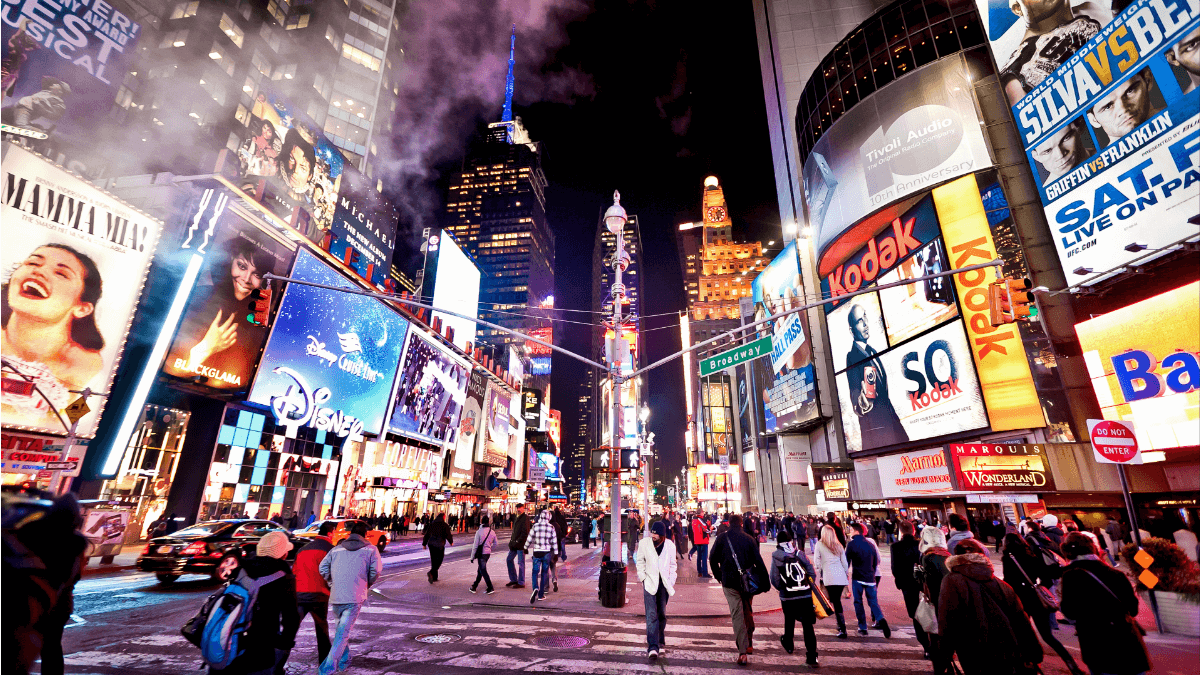THE DWELL ARENA
Experiments in living.
This work explores how customers are living today, where they live and why they live there. It’s about how where we dwell allows us to be who we are – and who we want to be – and what that means for the future of your brand.
Dwell-come.
We’re proud to bring you a wide-ranging report and documentary film, based on 9 months of research with experts, early adopters, and over 5,000 consumers in 7 markets globally. It features contributions from brands like IKEA, Kerakoll and Raffles, and exclusive interviews with urban farmers, smart-home enthusiasts, digital nomads, tiny home and co-living pioneers. It shines a light on how brands can respond to the challenges of urbanization, sustainability, the cost-of-living crisis and other emerging needs to create a better life at home.
Arenas are a new way of looking at competition, based on human motivations, not categories, and the trends that are driving change in consumers’ lives. They’re designed to help you think about the future of your business, to avoid
disruption.
To date, we have launched 6
Arenas: Play, Express, Move, Connect, Thrive – and now, Dwell. The full documentary will premiere at the end of March. Watch the trailer and register below
to stay in-the-know on all Dwell Arena updates.
Our Dwell workshop roadshow
After the resounding success of our recent event in London, we are thrilled to announce that Dwell is embarking on a journey to bring its transformative insights to different cities around the world. From Frankfurt to New York, we invite you to join us on this captivating exploration, where we will delve deeper into the evolving roles of our homes and help you grasp what Dwell truly means for you.
Our latest workshop took place on Thursday, May 11th, at the magnificent Loft 60/325 in Frankfurt. This engaging workshop was an absolute must-attend for brands and individuals who actively contribute to the experience of life at home. Throughout the event, we presented expert perspectives and sought after consumer opinions from diverse corners of the globe.
During the workshop, we shared the results of over 8 months of extensive research on the concept of “life at home.” Our findings revealed fascinating insights, such as the transformative shift happening within our living spaces. Our homes are no longer mere markers of our existence but are evolving into enablers of success in various aspects of life.

When it comes down to it, all brands are in the business of life at home. Whether you’re a tech company, a health company, a food company or a home furnishing company, you have to acknowledge that home is the starting point of everyday life.
Katie McCrory, Communications Leader, IKEA Retail (Ingka Group)
Let’s zoom out with three global shifts.
#1: Humans have become an urban species…

Only two centuries ago, 3% of the world’s population lived in cities. Today, that figure is 55%. By 2030, the number of mega-cities of over 10 million inhabitants will rise by 10 to 43. Humanity is undergoing a fundamental shift: transition from Savannah-dweller to 21st Century Homo Urbanus.
“The overall trajectory of people moving towards cities is clear, and our future is firmly urban.” – Jonathan Reichental
… but we’re not made for city living.
Densely populated areas can lead to a multitude of social benefits: increased multicultural harmony, creativity and innovation. However, at an individual biological level, humans are not built to cope with the noise pollution, light pollution and physical constraints of urban dwelling. A homo urbanus that is fundamentally better evolved to thrive in urban settings will take hundreds, thousands of years to develop. Governments, brands, communities have a role to play in alleviating the pain points of urban life in the meantime.
“Cities are loud and crowded, which is exhausting.” – Johanna B, Germany Community Member
#2: A new generation is emerging who wish to own less and travel more…

Gen Next is coming after Gen Z. We don’t yet know the extent of how they will consume. However, against the backdrop of urban living and increasingly small dwellings, the human relationship to belongings is changing. Accumulating and buying things is not of interest nor practical in a small place. Likewise, the post-pandemic normalization of working remotely has made nomadic life feel accessible to the masses and stimulated a human curiosity to travel more easily.
… but the world is still designed to keep us rooted.
Densely populated areas can lead to a multitude of social benefits: increased multicultural harmony, creativity and innovation. However, at an individual biological level, humans are not built to cope with the noise pollution, light pollution and physical constraints of urban dwelling. A homo urbanus that is fundamentally better evolved to thrive in urban settings will take hundreds, thousands of years to develop. Governments, brands, communities have a role to play in alleviating the pain points of urban life in the meantime.
“Everywhere I go, I have Netflix, I use Apple and Google, but none of them know or care that I am a nomad and offer me a designed around that. Everyone has an e-mail address: why can’t we have a universal phone number?” – Stephan Pascalides
#3: The pandemic made us more playful…

COVID lockdowns led to a bored population, forced to use their home as a canvas for experimentation and play. From rise of banana bread bakers, to increased Tiktok content production, to home gyms and makeshift studios… This playful relationship with the home has endured beyond the end of the lockdowns.
… but the cost of living makes us crave control.
Running in parallel to the desire for care-free playtime in the home, is a more sinister stress: a desire for control, safety and reassurance. The global cost of living crisis, alongside global socio-political conflicts, has led to a global consumer confidence crisis, particularly in governments. People respond to this by wanting to life more independently, self-sufficiently, and with a greater feeling of control.
What is the future of the home?
Meet our 8 roles of the home, who help explain the changing relationship we have with where we live – and how brands can tap in.
We rely on our homes for so much more than shelter. They need to be designed in a way that makes us feel safe, grounded and happy, with careful management and emotional design. In working with over 5,000 consumers in 7 markets globally, we identified 8 archetypes, including the Carer, the Cultivator, the Entertainer and more, who speak to the unique relationships we have with our homes.
The role of the home as the Carer, for example, encourages activity (the home gym) and fosters wellbeing (better sleep). For brands, it’s a chance to help people with the daily stresses of living with inside-outside opportunities.
The role of the home as the Facilitator
, on the other hand, focuses on driving connectedness. Brands can win by helping the home play its crucial role as a facilitator of human interactions.
Get to know all 8 archetypes – and where your brand has a chance to meet people’s changing needs at home – by clicking into each section below.
The Dwell Report
Experiments in Living
Dwell is the future of how your customers live, where they live and why they live there. It’s about how where we dwell allows us to be who we are – and who we want to be – and what that means for the future of your brand. Download the report to discover…
- Top 10 home dilemmas, and how you can help
- Seven future home archetypes to tap into for growth
- Insights into our changing relationship with the home, post-pandemic
- Challenges and opportunities of becoming an urban species
- Changing consumer expectations in the context of the climate and cost-of-living crisis

